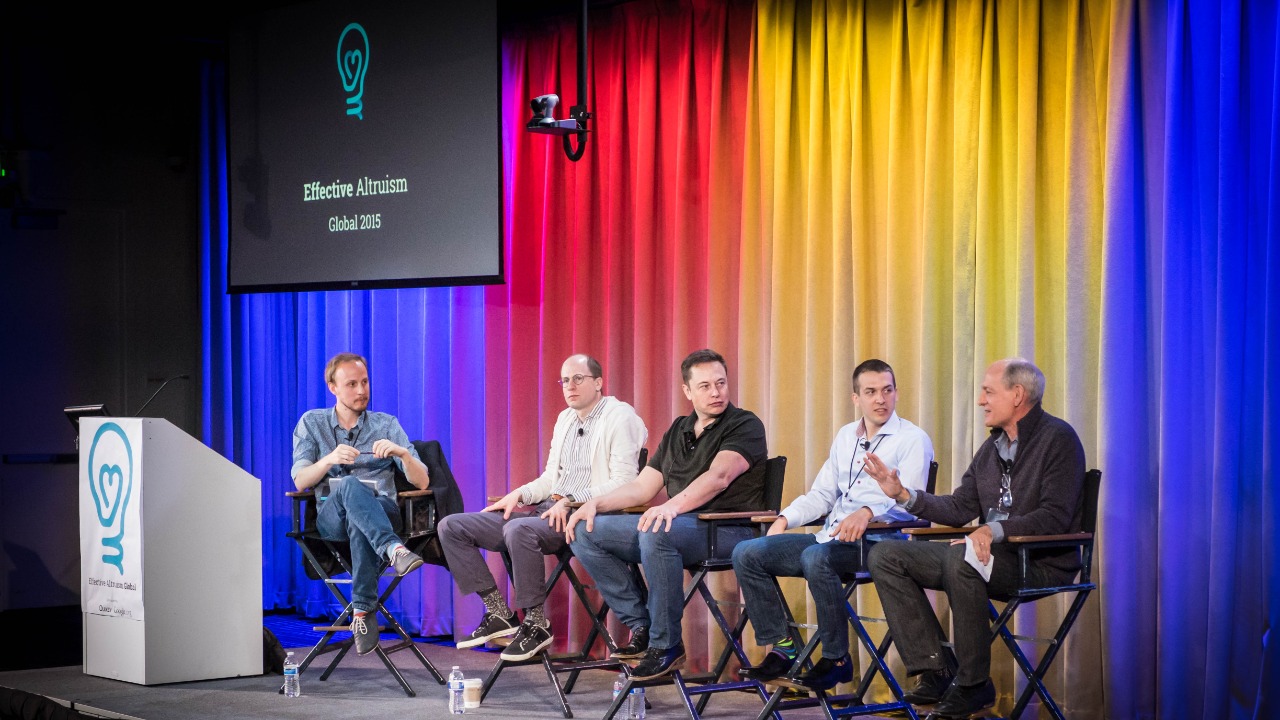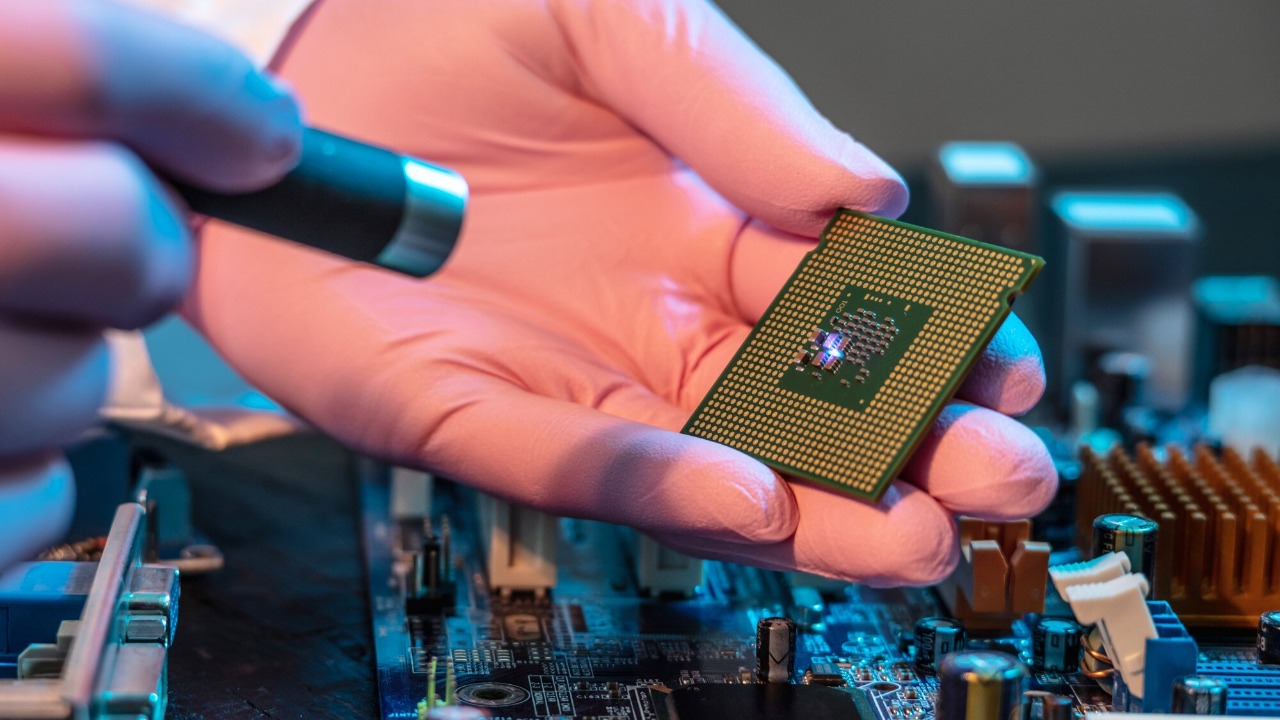
Elon Musk, the visionary behind several groundbreaking companies, has set his sights on a new frontier with his latest venture, xAI. Predicting an astonishing acquisition of AI chips, Musk envisions xAI purchasing billions worth up to $25 trillion. This ambitious plan includes obtaining 50 million chips over the next five years, a move that could reshape the AI industry.
The Vision Behind xAI’s Ambitious Chip Acquisition

Elon Musk has rarely been one to shy away from ambitious projects, and his latest endeavor with xAI is no exception. At the heart of this initiative is a bold vision to advance artificial intelligence to unprecedented levels. Musk believes that by acquiring billions of AI chips, xAI can fuel significant technological advancements that will fundamentally transform the landscape of AI. This acquisition isn’t just about scaling up but about pushing the boundaries of what AI can achieve, from enhancing machine learning capabilities to advancing neural networks.
The potential impact of such a massive acquisition on the AI chip market cannot be overstated. By injecting a considerable demand into the ecosystem, xAI could potentially drive down costs and spur innovation among manufacturers striving to meet this demand. This aligns with Musk’s broader vision for AI technology, which is to create systems that can think, learn, and evolve autonomously, ultimately contributing to more advanced and efficient AI applications across various industries.
Financial Implications of a $25 Trillion Chip Acquisition

The financial implications of a $25 trillion investment in AI chips are staggering, not just for xAI but for the entire tech industry. Such a sizeable financial commitment signals to the market that xAI is serious about its mission and willing to invest heavily to achieve its goals. This move could potentially set a new benchmark for AI-related investments, prompting other companies to reevaluate their strategies and investment levels.
Wall Street analysts are keenly observing this development, with some expressing optimism about the potential economic impact of such a massive investment. According to analyst reports, this could lead to a surge in AI-related investments, as companies rush to capitalize on the growing demand for AI technology. Investors, however, may have mixed reactions. While some might see this as a golden opportunity to ride the AI wave, others could be cautious, considering the risks associated with such a large-scale investment.
Technological Challenges and Opportunities

The acquisition and integration of 50 million AI chips present significant technological challenges. Manufacturing and delivering such a vast quantity of chips will require coordination and collaboration across the entire supply chain. Major chip manufacturers will need to ramp up production capacities, and logistical frameworks will have to be put in place to ensure timely delivery and integration into xAI’s systems. This presents an opportunity for the industry to innovate in areas such as chip design, manufacturing processes, and supply chain management.
However, with these challenges come opportunities for innovation and development. By investing in cutting-edge chip technology, xAI could unlock new potentials in AI capabilities, from enhanced processing power to more sophisticated algorithms. This could lead to breakthroughs in various fields, including autonomous driving, healthcare, and more. The potential for collaborative efforts between xAI and major chip manufacturers could also foster a new era of partnerships, driving the industry forward.
Broader Industry Impacts and Competition

xAI’s plans are likely to have a ripple effect across the AI industry, influencing competitors and reshaping the landscape. As xAI moves forward with its aggressive acquisition strategy, other tech giants may feel compelled to respond with their own initiatives, leading to increased competition and innovation within the sector. This competitive environment could lead to advancements in AI software, hardware, and applications, further driving the industry’s growth.
The potential ripple effects on related sectors, such as data centers and AI software development, are also noteworthy. As the demand for AI chips increases, data centers may need to expand their infrastructure to accommodate the new technology, while software developers may have to adapt their applications to leverage the enhanced capabilities of these chips. The strategic moves by other tech giants will be crucial in shaping the future of AI, as they navigate the challenges and opportunities presented by xAI’s ambitious plans.
Future Prospects and Musk’s Vision for AI

Looking ahead, the long-term implications of xAI’s chip acquisition could be profound for the evolution of AI technology. By securing such a vast number of chips, xAI is positioning itself at the forefront of AI innovation, potentially leading to new advancements that could redefine the capabilities of AI systems. This aligns with Musk’s history of disruptive innovation, where he has consistently challenged conventional norms and pushed the boundaries of what’s possible.
As xAI progresses with its plans, the societal impacts of such advancements must also be considered. The increased capabilities of AI systems could lead to ethical considerations regarding their use and the potential implications for employment and privacy. However, the innovative potential of xAI’s chip acquisition strategy cannot be overlooked. By driving technological advancements, xAI is paving the way for future breakthroughs in AI, ultimately contributing to a more advanced and interconnected world.